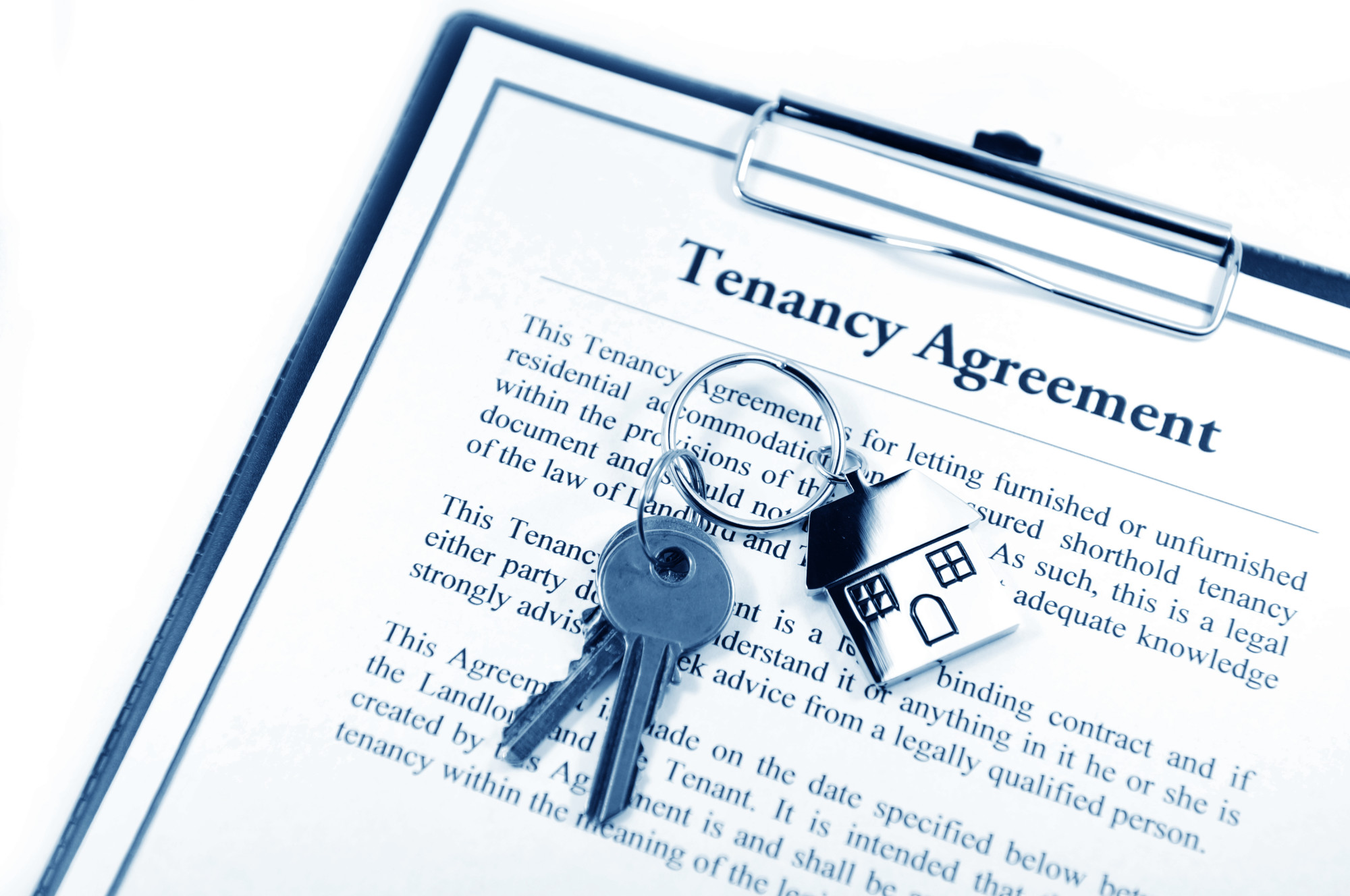Did you know that attempting to illegally evict a tenant could be grounds for a misdemeanor? As a landlord, you cannot evict someone by changing the locks, removing items from the rental, or turning off utilities.
So, how can you legally evict a tenant that has broken the terms of their lease? Our tenant eviction checklist will tell you.
Read on to learn the steps to take for legal tenant evictions.
Sending a Written Notice
As a landlord, the first step on how to evict a tenant involves sending a written notice for one of the following reasons:
- Failure to pay rent online
- Breaking lease terms
- Illegal activity
- Ending a lease
The notice for tenant evictions must include the property address, the date the tenant needs to be out, and more.
If this notice is for failure to pay rent, you'll provide the tenant with three days to pay or leave. You don't have to accept partial payments, but you must accept the full amount owed if the tenant pays it by the due date stated in the notice.
Before evicting someone for breaking lease terms, you'll provide a tenant eviction notice at least 7 days before. The notice will state which terms were broken and provide time for the tenant to fix the issues.
You can also opt to evict a tenant and end a lease when there is not a written lease in place. This allows you the ability to end the lease whenever you'd like. The same is true if the lease does not include a time frame.
File for Eviction
If the tenant refuses to move out or stop their violation by the deadline stated in the eviction notice, you must file an eviction notice at your local housing court. Skipping this step is illegal in every state.
The courthouse will need proof of your written eviction notice so have an extra copy with you. After providing the necessary documentation, a court date will be scheduled.
If you hire a lawyer, they will take care of the paperwork and defend you if the case goes to trial. If not, be sure to bring your evidence and other requirements such as:
- Photo identification
- Signed lease agreement
- Written eviction notice copy
- Payment records
- Renter's license
Enough evidence against the tenant will help you win your case.
Evict the Tenant
Once the case is won, the judge will provide a date for the tenant to leave the property. If the tenant still has not left by the designated date, get the police involved.
After the tenant is gone, you can collect unpaid rent by filing a small claims lawsuit.
Tenant Evictions Done the Legal Way
Although legal tenant evictions take time, following the law will avoid complications down the line. Understand the eviction laws in your state to make the tenant eviction process easier.
Knowing when to evict a tenant is simple, but learning the proper way to do it is of the utmost importance. When in doubt, follow this step-by-step guide.
To ensure you never lease to a bad tenant again, hire property management in Houston. We can screen tenants and help your property in other ways. Contact us today to find out how.














